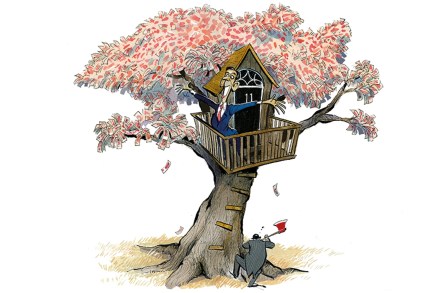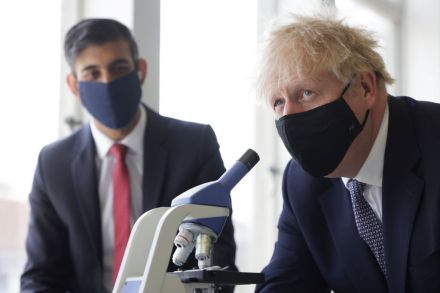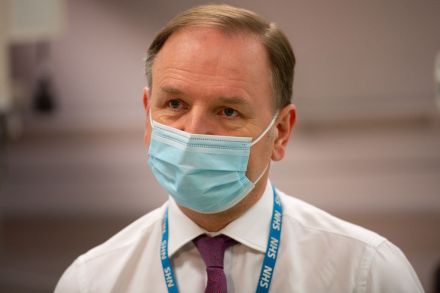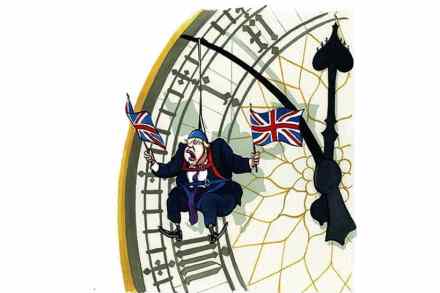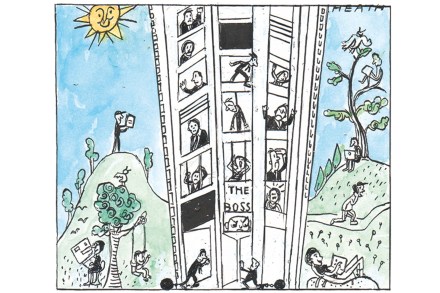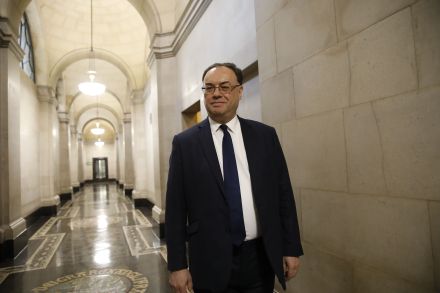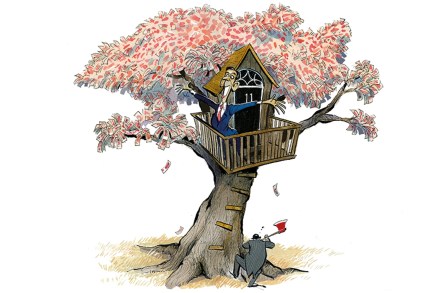It’s time for Rishi Sunak to stand up to Boris Johnson
Finally the pandemic fog is lifting and the outlines of post-Covid politics are starting to take shape. While the Government is perfectly capable of generating many more unfortunate headlines by mishandling the Covid exit wave – or indeed, in the case of Matt Hancock, ignoring the ‘hands, face, space’ rule – it is clear that one key relationship will largely determine its longer-term fortunes. It is that between off-the-cuff scruff Boris Johnson and his immaculately turned-out Chancellor, Rishi Sunak – the man in the ironed mask. The time is fast approaching when Sunak’s own reputation will be on the line and when simply deferring to the PM’s predilections will no longer
